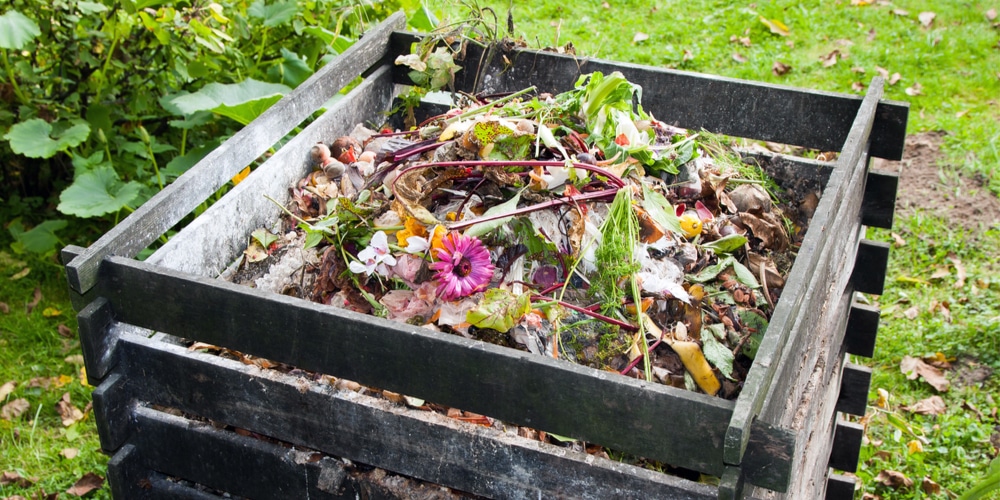Many gardeners have a compost heap to help them get rid of household waste such as food scraps, grass cuttings, and paper towels. But is wax paper compostable? The answer is…sort of.
While the wax coating on wax paper is not biodegradable, the paper itself is. This means that if you were to compost wax paper, the paper would break down while the wax coating would remain intact. As a result, your compost pile would end up with some dirty wax in it.
It may not be the best idea to compost wax paper. This article will answer the question, ‘is wax paper compostable?’ We’ll also tell you what to do with wax paper and give you some tips to create a beneficial compost for your garden.
No, Wax Paper is Not Compostable
It’s generally not recommended that you compost wax paper as the wax isn’t biodegradable. However, you could try dissolving the wax coating with hot water before composting. This has mixed results, and it depends on what type of wax is on the paper as to whether this technique works. It’s essential to be mindful of how you’re disposing of wax paper, as it can have an impact on your compost pile.
The best way to dispose of wax paper is by putting it in the trash. Composting and recycling are two separate options, and one will always be better than the other for a particular material – depending on that material’s properties. In most cases, wax paper can’t be recycled or composted.
Many people want to compost all their kitchen waste. Unfortunately, the most common materials in the home, including many waxed papers, cannot be safely composted at home.
It may seem obvious that a waxy paper bag from a grocery store is not suitable for backyard composting, but it can be easy to forget that some non-waxy papers are also coated with wax or similar substances, which makes it impossible to compost them.
For example, paper coffee filters are usually thin and waxy. Some paper towels include a thin layer of wax that must be removed before adding the towel to your compost pile. Wax paper is not compostable as the wax would last too long in the environment and still contain too much wax for bacteria to break down its chemical structure.
Next time you are wondering whether or not to compost an item, remember to check for any waxy coating that will prevent it from breaking down in your backyard composter. If it is not compostable, try to find another way to recycle it. For example, paper coffee filters can be composted if you remove the wax coating, but they can also be recycled as long as they are clean.
So, what can be added to my compost?
You can add green materials like fresh grass clippings, fruit and vegetable scraps, coffee grounds, and tea bags to your compost. Just be sure to avoid adding any meat, dairy, or oily foods, as these items will break down slowly and could attract pests. If you have a lot of green material to compost, consider adding a small amount of brown material like dried leaves, straw, or twigs to help balance out the mix.
Composting is a great way to recycle organic materials and reduce your waste footprint. By adding a compost bin to your backyard, you can divert materials like food scraps and yard clippings away from the landfill and create a valuable soil amendment for your garden.
Not only is composting good for the environment, but it can also be great for your plants! Compost helps improve soil structure, nutrient levels, and water retention, making it an essential part of any sustainable garden.
Conclusion
It’s generally not recommended that you compost wax paper as wax isn’t biodegradable. You’ll need to be mindful of what you put in your compost heap, especially if you plan to spread it on your garden. It’s best only to add items to your compost pile that will be able to rot down fully; otherwise, you may find that you are digging up pieces of wax that can’t biodegrade.
Hopefully, this article has cleared up any confusion about composting and recycling. Be sure to check for compostable symbols on materials before tossing them in the trash!

